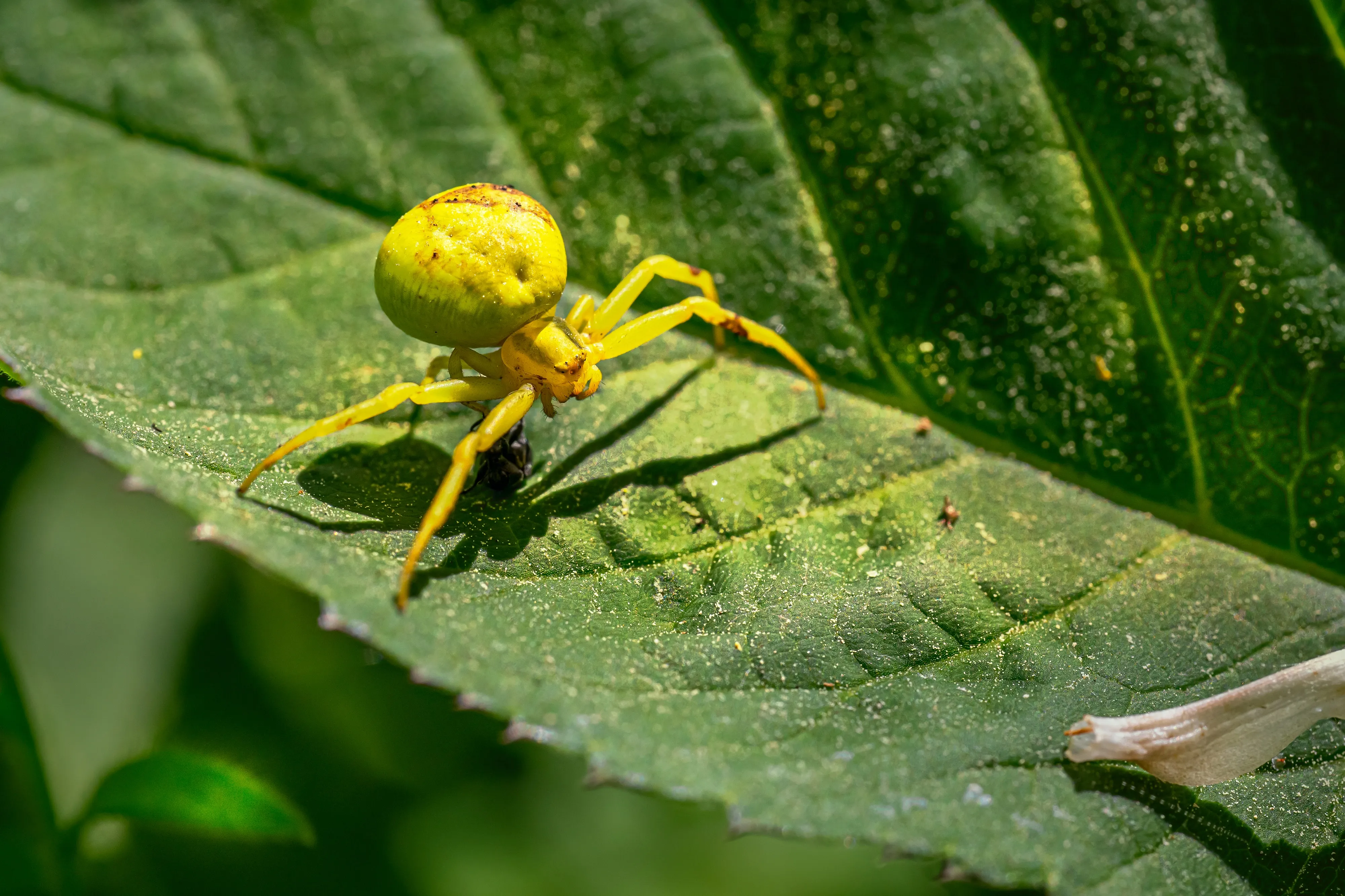Addressing Pest and Disease Pressure Through Crop Rotation
Learn how crop rotation is a key strategy in addressing pest and disease pressure in sustainable agriculture with Vriksha Farms. Discover its role in enhancing soil health, crop yield, and overall farm resilience.

Introduction
Effective management of pests and diseases is crucial for sustainable farming success. Vriksha Farms, a leader in responsible agroforestry and sustainable agriculture practices, advocates for the use of crop rotation as a natural and effective method to address these challenges. This blog post explores how strategic crop rotation can significantly reduce pest and disease pressure, enhancing farm productivity and resilience.
The Role of Crop Rotation in Pest and Disease Management
Crop rotation involves alternating different types of crops in the same field over different seasons or years. This practice is not just about soil health; it's also a critical strategy for managing pests and diseases.
Key Benefits of Crop Rotation in Pest and Disease Control
- Breaking Pest and Disease Cycles: Many pests and diseases are crop-specific. Rotating crops can disrupt these cycles, reducing infestation and spread.
- Enhancing Soil Health: Healthy soil supports stronger plant growth, which can naturally resist pests and diseases.
- Reducing Chemical Dependence: By managing pests and diseases naturally, crop rotation reduces the need for chemical pesticides and fungicides, aligning with organic farming principles.
Implementing Crop Rotation at Vriksha Farms
At Vriksha Farms, we implement crop rotation by:
- Careful Planning: Selecting a variety of crops that naturally deter specific pests and diseases common in our region.
- Monitoring and Adapting: Regularly monitoring crop health and adjusting rotation plans based on observed pest and disease patterns.
- Educating Farmers: Providing knowledge and resources to farmers about the benefits of crop rotation and how to effectively implement it.
Conclusion
Adopting crop rotation is a sustainable and eco-friendly approach to managing pest and disease pressure in agriculture. It's a testament to Vriksha Farms' commitment to sustainable farming practices that prioritize environmental health and long-term productivity.
Call to Action: Join Vriksha Farms in embracing sustainable agricultural practices. Learn more about how crop rotation can enhance your farm's resilience against pests and diseases.
